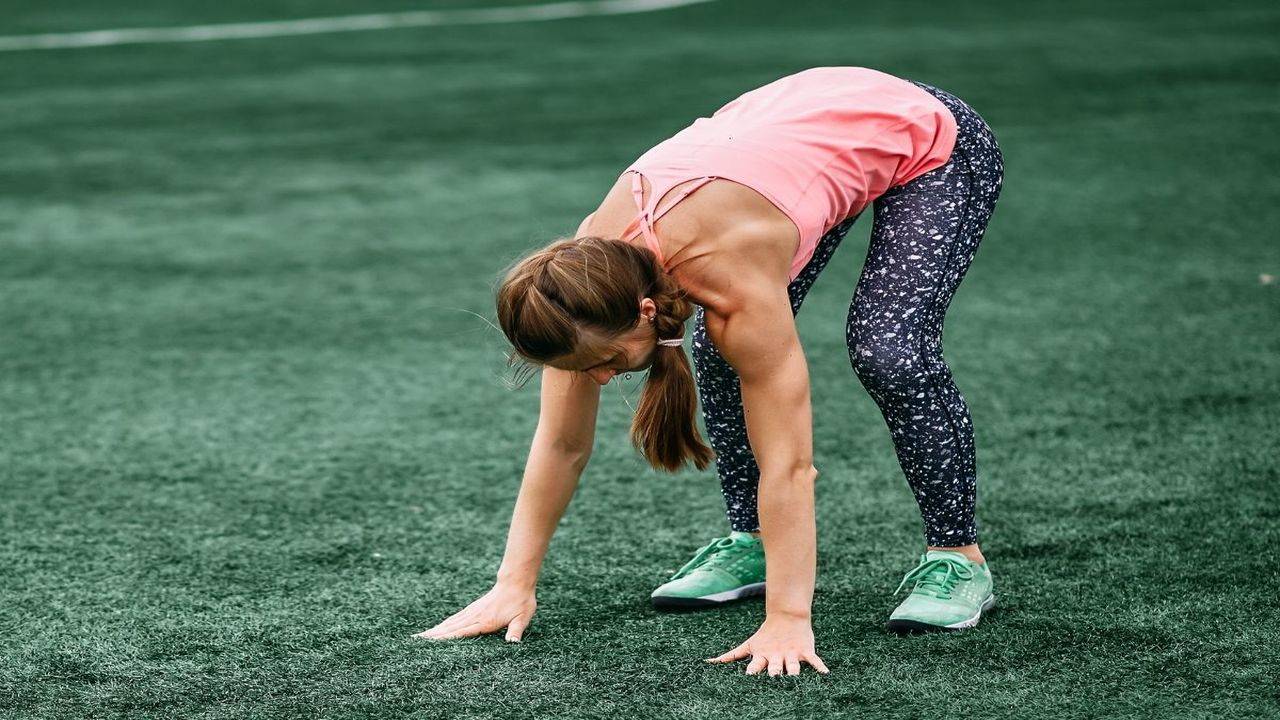Let’s be honest—losing fat sounds great, but if it comes at the cost of your energy, focus, and mood, it quickly stops feeling worth it. Ever started a diet or workout plan and felt drained by week two? You’re not alone. The truth is, weight loss shouldn’t leave you feeling like a zombie.
If you’re feeling sluggish, snappy, or just off while trying to shed pounds, it’s time to rethink your approach. You can absolutely lose fat and keep your energy high—but you need to do it smartly. No crash diets. No overtraining. Just a balance that works with your body, not against it.
Let’s walk through how to keep your energy up while still making real fat-loss progress.
1. Don’t Slash Calories Too Low
The biggest mistake most people make? Cutting calories way too fast. Yes, you need to be in a calorie deficit to lose fat—but go too far and your body starts to panic.
When your calorie intake drops too low, your body slows your metabolism, messes with your hormones, and pulls back on non-essential functions (like energy and mood). You might lose weight at first, but you’ll feel miserable—and likely gain it back later.
What to do instead:
- Start with a small deficit: Aim for 300–500 calories less per day than your maintenance level.
- Use a food tracker for 1–2 weeks to get a feel for how much you’re actually eating.
- Focus on consistency, not perfection. It’s better to stay in a mild deficit consistently than crash and burn.
2. Prioritize Protein (It’s a Game-Changer)
Protein is your secret weapon during fat loss. Not only does it help preserve muscle (which keeps your metabolism humming), it also keeps you full and stable in your energy levels.
Low protein diets can leave you feeling weak, hungry, and moody. That’s not what we want.
What to do instead:
- Aim for 1.2–2.0 grams of protein per kilogram of body weight daily.
- Include a source of protein at every meal—eggs, chicken, tofu, Greek yogurt, beans, or protein shakes.
- Snack smart: Think boiled eggs, cottage cheese, or nuts—not just rice cakes or fruit.
3. Don’t Ditch Carbs—Use Them Wisely
Carbs have been unfairly demonized. Sure, you don’t need mountains of them, but going super low-carb can zap your energy, mess with your sleep, and make workouts feel 10x harder.
Your body uses carbs for quick energy. If you’re active (and especially if you lift or do cardio), you need them.
What to do instead:
- Choose complex carbs like oats, brown rice, quinoa, sweet potatoes, and fruit.
- Time your carbs around your workouts for a natural energy boost.
- Don’t fear carbs at dinner—they can actually help you sleep better and recover overnight.
4. Lift Weights and Move Smartly
Cardio burns calories, yes. But too much can leave you feeling exhausted and hungry, fast. The trick? Mix strength training with cardio to build lean muscle and burn more fat over time—without the burnout.
What to do instead:
- Lift weights 3–4 times a week to maintain muscle mass.
- Add 1–2 sessions of cardio (like walking, cycling, or HIIT) based on how you feel.
- Take rest days seriously—recovery is where energy and fat loss both thrive.
5. Sleep More Than You Think You Need
Sleep is where the real magic happens. Poor sleep disrupts hunger hormones, increases cravings, lowers your energy, and stalls fat loss.
If you’re doing everything right but still feel tired and stuck—check your sleep first.
What to do instead:
- Aim for 7–9 hours of quality sleep every night.
- Keep a consistent bedtime, even on weekends.
- Limit screens and caffeine in the evening.
- Try magnesium-rich foods (like bananas, almonds, or spinach) if you struggle with sleep.
6. Manage Stress (Seriously)
High stress = high cortisol. And chronic cortisol can make your body hold onto belly fat, disrupt sleep, increase cravings, and drain your energy.
Most people underestimate how much stress sabotages fat loss—even if their diet and workouts are on point.
What to do instead:
- Incorporate short mindfulness breaks into your day (even 5 deep breaths help).
- Journal, take walks, or try a few yoga poses in the evening.
- Don’t overcommit. Saying “no” is a form of self-care.
- Remember, mental burnout will spill into physical fatigue.
7. Hydrate Like You Mean It
Sometimes what feels like low energy is actually just dehydration. Even mild dehydration can affect your focus, mood, and stamina.
What to do instead:
- Drink at least 2–3 liters of water a day.
- Start your morning with a glass of water before coffee.
- If you sweat a lot, consider adding electrolytes—especially after workouts.
- Infuse your water with fruit or herbs if you’re bored of plain water.
Final Thoughts
Losing fat doesn’t have to mean losing your spark. You can absolutely feel strong, energized, and clear-headed while dropping body fat—if you do it the right way.
Forget crash diets, endless cardio, or cutting out entire food groups. Focus on fueling your body, building strength, and respecting your recovery. Give your body what it needs, and it’ll respond with results that last.
Fat loss isn’t a punishment—it’s a process of taking better care of yourself. So take it one smart step at a time, and keep that energy high while the scale moves in the right direction.










